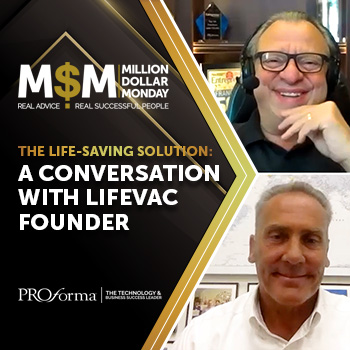
Consumer products are held to high standards to ensure product safety and compliance. However, cosmetic products and their ingredients do not need to be approved by the U.S. Food and Drug Administration (FDA).
The Environmental Working Group (EWG), a nonprofit environmental health group that researches potentially hazardous materials in food and beauty items, announced its new stamp of approval for personal care items.
The green “EWG Verified: For Your Health” stamp will go on care items, such as hair products, makeup, and nail, skin, baby and oral care items that pass a vetting process, according to Yahoo! News.
EWG currently has an online index of personal care items and their ingredients, called Skin Deep. This new stamp goes beyond that, providing consumers a deeper understanding of safe products.
The guidelines on evaluating cosmetics on the FDA website indicates, “Under the Federal Food, Drug, and Cosmetic Act, cosmetic products and ingredients do not require FDA approval before they go on the market. The exception is color additives (other than those used in most hair dyes). Companies and individuals who market cosmetics have the legal responsibility to ensure the safety of their products.”
Jocelyn Lyle, EWG’s vice president of development, told Yahoo! News that the company wants to influence more point-of-sale purchases.
“This is our hoped impact on the market so consumers have a trusted source that they can look toward when it comes to better products for your family and your health.”
The first two companies to earn the seal of approval have been Beautcounter and MyChelle Dermaceuticals. After EWG announced its new stamp, other companies have expressed interest in participating. The price to apply is tiered, so small companies are not left out of the process based on financial status.
In order to meet standards, personal care products cannot contain components that are banned or restricted in other countries, and must meet EWG’s manufacturing standards, including testing for microbial contamination, issuing voluntary recalls when necessary and maintaining documents.
“We have to empower the consumer to make better choices, and we know that through that empowerment, [consumers are] making companies make better decisions,” Nneka Leiba, EWG’s deputy director of research, told Yahoo! News. “In our best-case scenario, we wouldn’t have to do this. In our best world, the government—the FDA in this case—would regulate these products adequately, and anybody could choose a product safe for their self or their family that would be absolutely safe.”
For more information on EWG, visit www.ewg.org.



